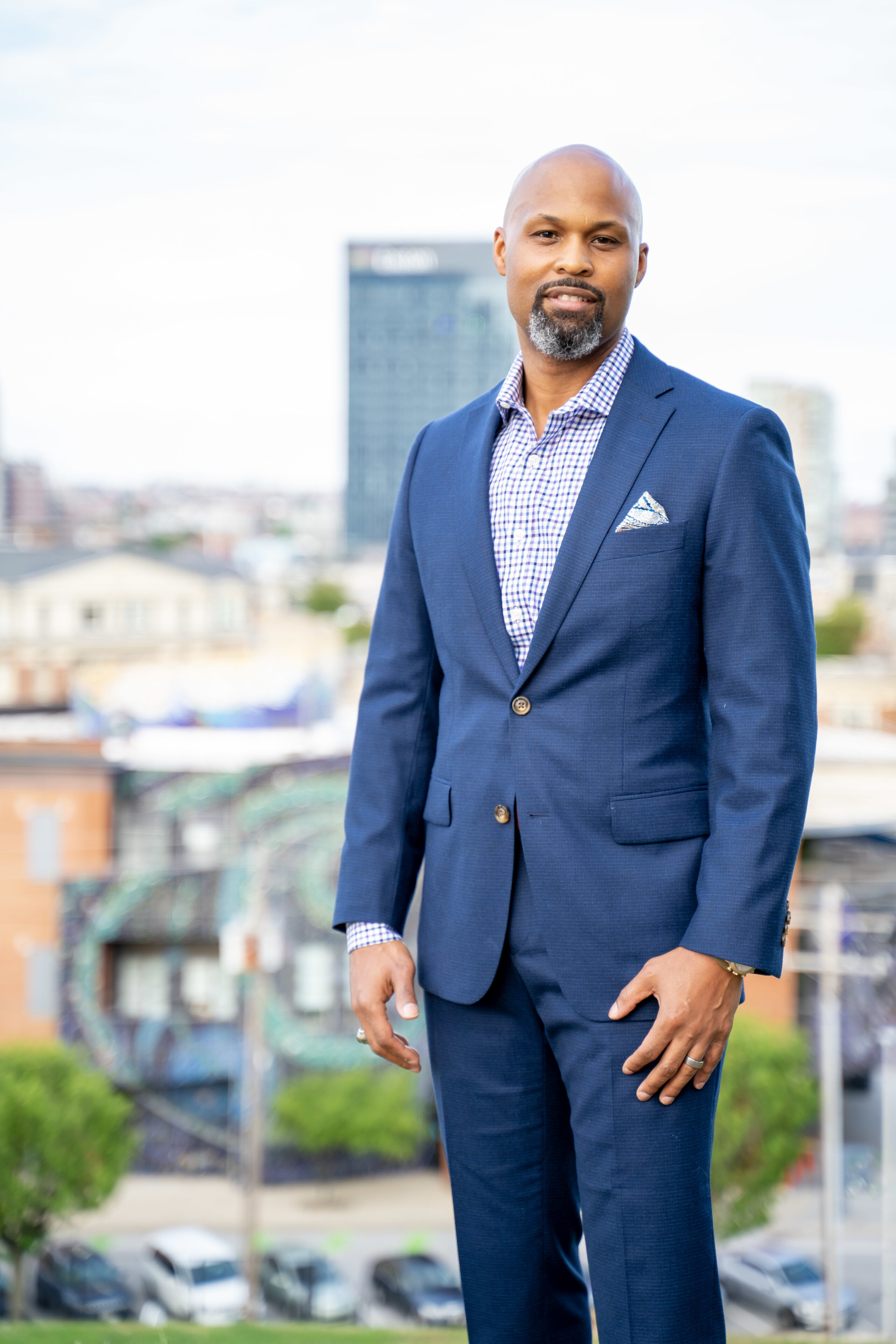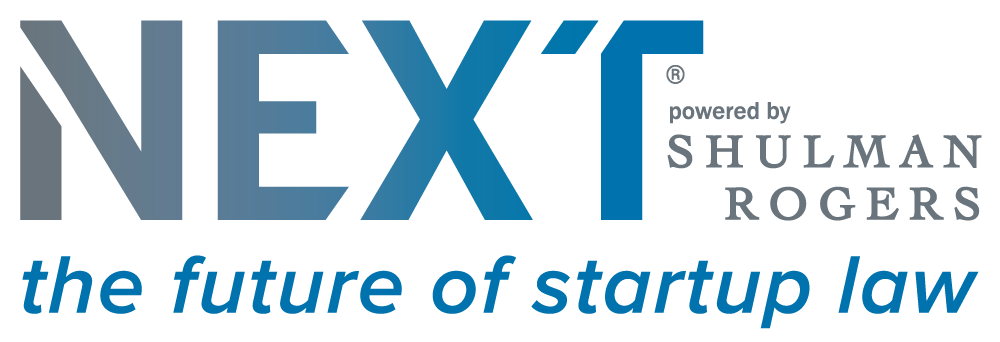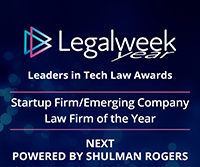In the Wake of the Pandemic, a Veteran-Led Biotech is Making Invisible Wounds like PTSD Visible
Meet NEXT Client Polaris Genomics CEO Charles Cathlin
What do you love about being an entrepreneur?
As an engineer, I consider myself a builder just as much as an entrepreneur. For me, I love the entire process of seeing a complex problem, learning about the forces that contribute to the problem, envisioning solutions, and working with first-class people who are just as committed to turning that vision into something tangible and of high value. I see the startup as the structure for integrating all the systems required to create sustainable solutions to complex problems.
Tell us about your career before launching Polaris. I retired from active duty in May 2018, after 23 years as a U.S. Air Force (USAF) and U.S. Public Health Service (USPHS) officer. Prior to retirement, I served as Chief of Staff of the Defense and Veterans Brain Injury Center and led operations and strategy in support of traumatic brain injury (TBI) clinical research programs across 22 Department of Defense and Veterans Affairs facilities. My career also included deployments to the Middle East, Albania, Mozambique, and New York City immediately following the 9/11 attacks.
How has the pandemic affected your business?
As of this writing, there have been more than 600,000 deaths in the U.S. from COVID-19. We often say if you compare the pandemic to an earthquake, the coming tsunami is mental health. Vaccines are rolling out and saving lives, but there’s no vaccine to protect people from the mental health challenges. The pandemic has highlighted the urgency for companies like ours to provide novel solutions for advancing mental and behavioral healthcare.
What is an important trend you are watching?
The integration of genomics into patient care decisions as part of precision medicine is an important trend to watch. A second trend is the increased interest in improving mental and behavioral healthcare brought on by the COVID pandemic. This is long-overdue; despite the prevalence of populations standing to benefit from these advancements, behavioral health has been an afterthought in comparison to diseases such as cancer, diabetes, and heart disease. Polaris Genomics is at the junction of precision medicine and behavioral health, with a vision of reducing suicide, stigma, and suffering in silence.
How do you create a great company culture?
A great company culture starts with a great core leadership team who share a purpose and values, but bring complementary skill sets. As a veteran-owned and -led company, there’s an innate service-before-self mindset, which sets the foundation for Polaris’ culture. We’re still a very small company and all it takes is one person with misaligned values to create a toxic culture. We work very hard to protect our culture by taking our time to find the right people.
What is the best advice you ever received?
“Eat your vegetables.” This important advice may have been handed down from moms to kids since the existence of families, and we obviously understand this advice in the context of nutrition and health, but I also view it as a metaphor that applies much more broadly. When we have to grind through a task, I may tell my team, “It’s time to eat our vegetables.” Every company has a set of required tasks or things to do that are less enjoyable than others. It’s human nature to be drawn to the fun stuff (i.e., chocolate chip cookies) while delaying the less enjoyable tasks (i.e., broccoli). “Eating your vegetables” may be drafting a contract proposal, calculating financial projections, or having a difficult conversation with a customer or colleague. It’s not fun, but it’s what the company needs at the moment to move forward and be healthy.
What advice would you give an entrepreneur starting out?
Hit base hits. Entrepreneurs innately strive for big accomplishments. That’s a good thing, but expectations must be managed, especially in early stages when your job is to keep the company progressing forward. You’re more likely to strike out chasing home runs and if you need a home run to stay in the game, you’re in a very difficult situation. I believe success is more likely through a disciplined approach with consistent results that builds momentum over time.



